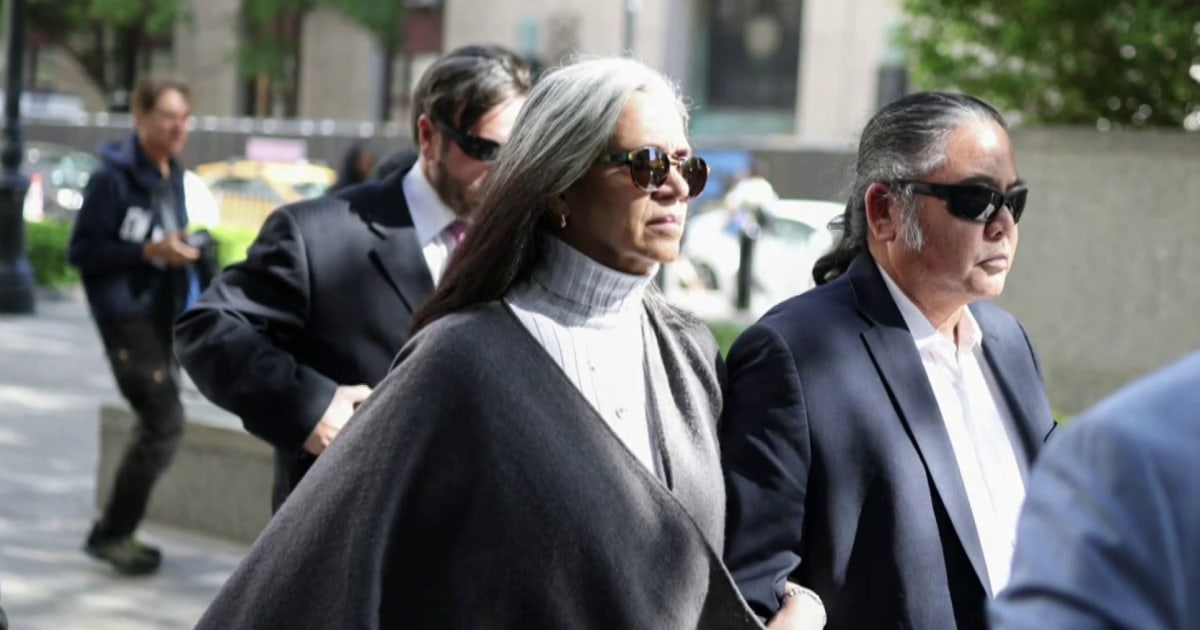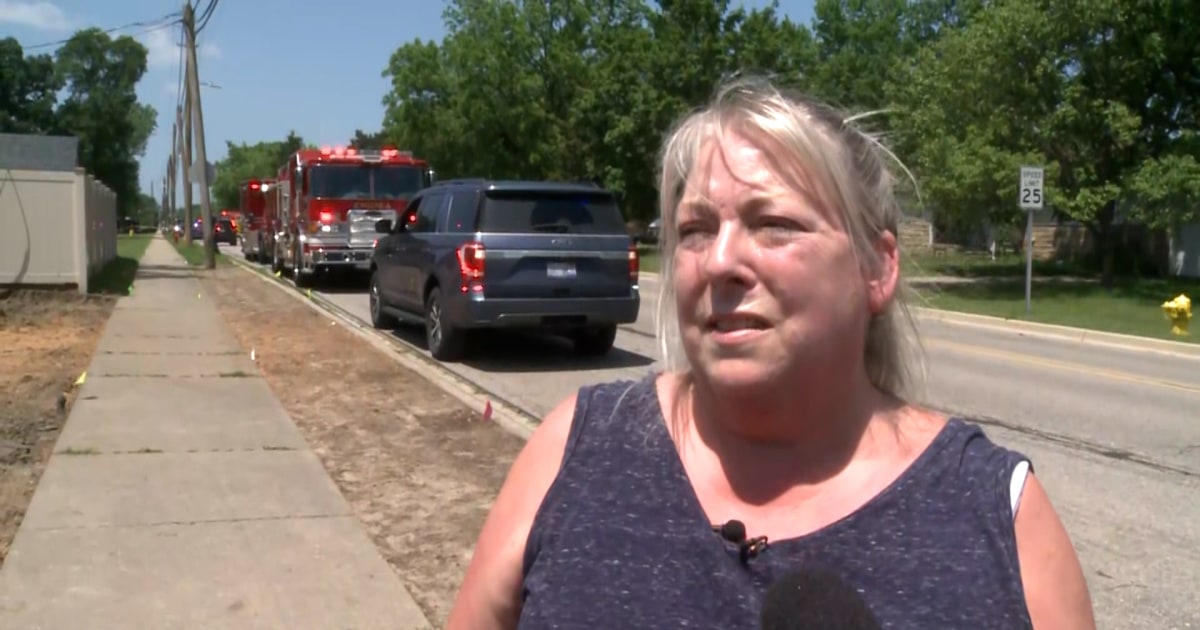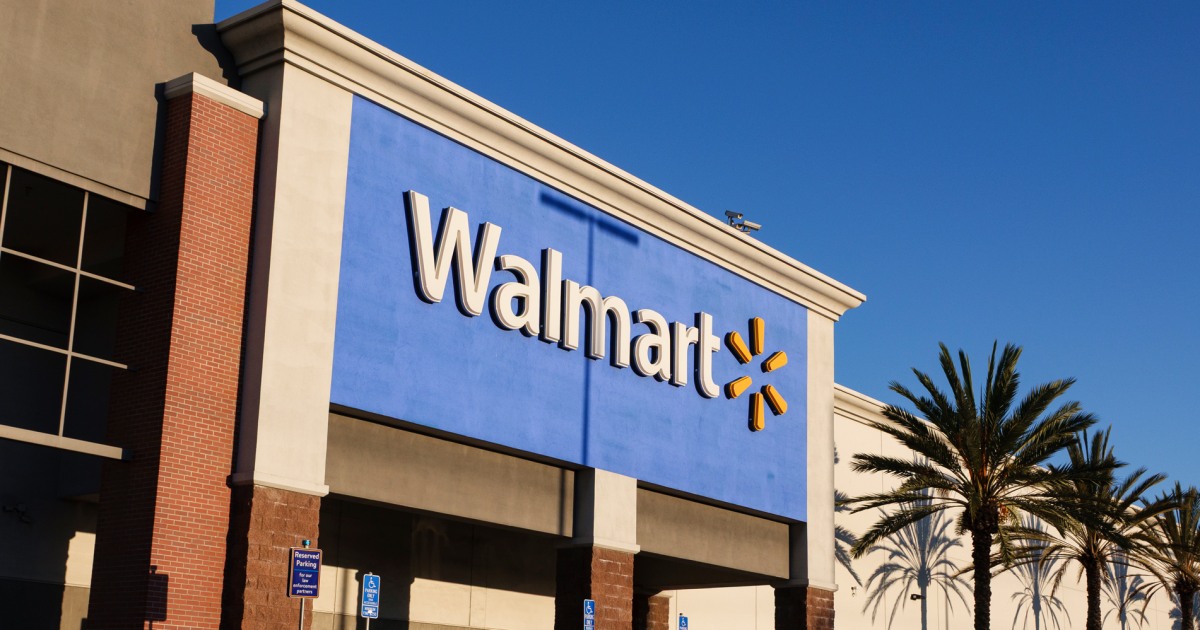WASHINGTON — With a potential end to the government shutdown in sight, the Supreme Court on Tuesday extended a freeze on a federal judge’s ruling that would require the Trump administration to fully fund the SNAP food program in November.
The decision means the government, for now, does not have to distribute about $4 billion in additional SNAP funding as required by Rhode Island-based U.S. District Judge John McConnell. The Supreme Court block remains in place until midnight on Thursday.
The case would likely become moot if the shutdown ends, as the bipartisan bill to reopen the government would fully fund the SNAP program through September of next year. The House is expected to vote Wednesday on the Senate-passed measure to end the record-long shutdown.
Nearly 42 million people rely on the federal Supplemental Nutrition Assistance Program, also known as food stamps.
“The only way to end this crisis — which the Executive is adamant to end — is for Congress to reopen the government,” Solicitor General D. John Sauer wrote in the Trump administration’s latest court filing.
The brief court order noted that Justice Ketanji Brown Jackson would have denied the government’s request.
The court had temporarily put McConnell’s ruling on hold Friday while it waited for the Boston-based 1st U.S. Circuit Court of Appeals to act. That court on Monday morning declined to intervene.
The Trump administration has argued that, because of the shutdown, it could only spend $5 billion out of a contingency fund to partially pay for November SNAP benefits. The program usually costs about $9 billion a month.
The government objected to McConnell’s order that required the other roughly $4 billion to be paid from a separate pot of money that funds child nutrition programs, called Section 32.
The practical impact of the Supreme Court decision Tuesday means that until the government shutdown ends, the SNAP program will be about 65% funded.
The Trump administration’s failure to fund SNAP was challenged by a coalition including cities, churches and nonprofits that provide food assistance.









